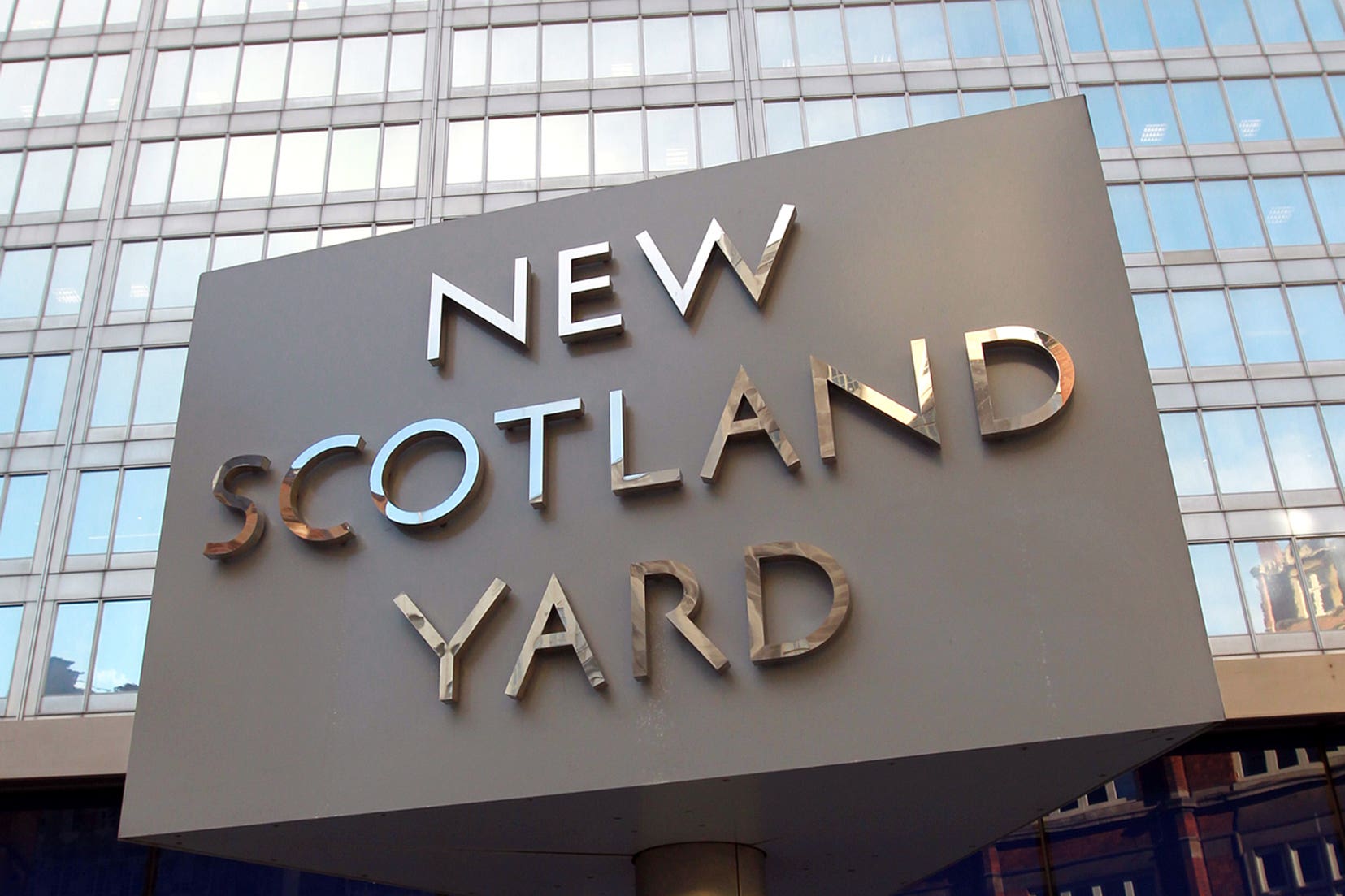Women’s organisations condemn ‘shameful’ Met Police institutional misogyny
Baroness Louise Casey’s review was commissioned after Sarah Everard was murdered by serving officer Wayne Couzens.

Your support helps us to tell the story
From reproductive rights to climate change to Big Tech, The Independent is on the ground when the story is developing. Whether it's investigating the financials of Elon Musk's pro-Trump PAC or producing our latest documentary, 'The A Word', which shines a light on the American women fighting for reproductive rights, we know how important it is to parse out the facts from the messaging.
At such a critical moment in US history, we need reporters on the ground. Your donation allows us to keep sending journalists to speak to both sides of the story.
The Independent is trusted by Americans across the entire political spectrum. And unlike many other quality news outlets, we choose not to lock Americans out of our reporting and analysis with paywalls. We believe quality journalism should be available to everyone, paid for by those who can afford it.
Your support makes all the difference.The Metropolitan Police have “nowhere to hide” after a “rats’ nest” of institutional misogyny was exposed by a damning report, women’s organisations have said.
Centre for Women’s Justice (CWJ), Rape Crisis, the End Violence Against Women Coalition and Women’s Aid have called for urgent changes to the UK’s largest police service after a scathing review was published on Tuesday.
Baroness Louise Casey’s review of the culture and standards in the force, commissioned after Sarah Everard was murdered by serving officer Wayne Couzens, found the force is institutionally racist, misogynist and homophobic.
Baroness Casey also suggested there may be more officers like Couzens and serial rapist David Carrick, and she found the force has failed to protect the public from officers who abuse women.
CWJ, a legal charity that campaigns for victims of male violence, said the review “confirms a culture which not only tolerates but fosters many of the worst forms of criminal abuse from within its ranks and reveals shocking treatment of forensic evidence gathering in sexual violence investigations”.
“As an organisation that works with victims of male violence and police abuse, the rats’ nest that has been laid to bare provides an explanation for the repeated dreadful stories we hear from the many women who have contacted us,” a spokesman added.
“It is utterly shameful that women and children have been failed as the report highlights.”
CWJ director Harriet Wistrich called for the all report’s recommendations’ to be “accepted and effectively” enacted, with police chiefs held accountable for their implementation and regular reviews of this process.
Jayne Butler, chief executive of Rape Crisis, a charity working to end sexual violence and abuse, said the review is “the latest in a long line of reports that outline the serious and deep-rooted failures within the Metropolitan Police”.
It is evident that the Met has not just tolerated a culture of misogyny, racism and homophobia, it has enabled it to thrive
“It is evident that the Met has not just tolerated a culture of misogyny, racism and homophobia, it has enabled it to thrive,” she added.
“It should not take years of scrutiny for changes to be made: radical transformation is now a matter of urgency.
“We are tired of hearing a rhetoric of building trust.
“Trust will only follow when policing is effective in minimising rather than enabling harm to women.”
Andrea Simon, director of the End Violence Against Women Coalition, added: “This damning report leaves the Met nowhere to hide when it comes to the depth of its problems with institutional misogyny, racism and homophobia.
“Words can only go so far, and the Met cannot be more concerned with fixing their image than fixing their problems.
Baroness Casey has found that the Met is broken. If this shocking report does not lead to system-wide change within the country’s largest police force, what will?
“Many women and girls rely on the police when seeking safety and justice, and we will be looking to the Government to see what concrete actions they take to transform their experiences.”
Met Police Commissioner Sir Mark Rowley has accepted there is racism, misogyny and homophobia in the force but said he would not use the term institutional.
Lucy Hadley, head of policy at Women’s Aid, said: “Baroness Casey has found that the Met is broken. If this shocking report does not lead to system-wide change within the country’s largest police force, what will?
“Every day, our services hear from domestic abuse survivors saying they have been failed by the police – women who are not believed, women whose pain is underplayed, women whose lives are treated as less.
“This report lays bare this reality – finding that the police officers who respond to domestic abuse and sexual violence across the capital are inexperienced, over-stretched and under-resourced.
“The Met Commissioner’s apology is welcome, but words are not enough.
“Too many women have been hurt and killed – the Met must change to ensure women and children get the protection and support they deserve and to root out the endemic racism, homophobia and sexism which is breaking the public’s trust in the force.”